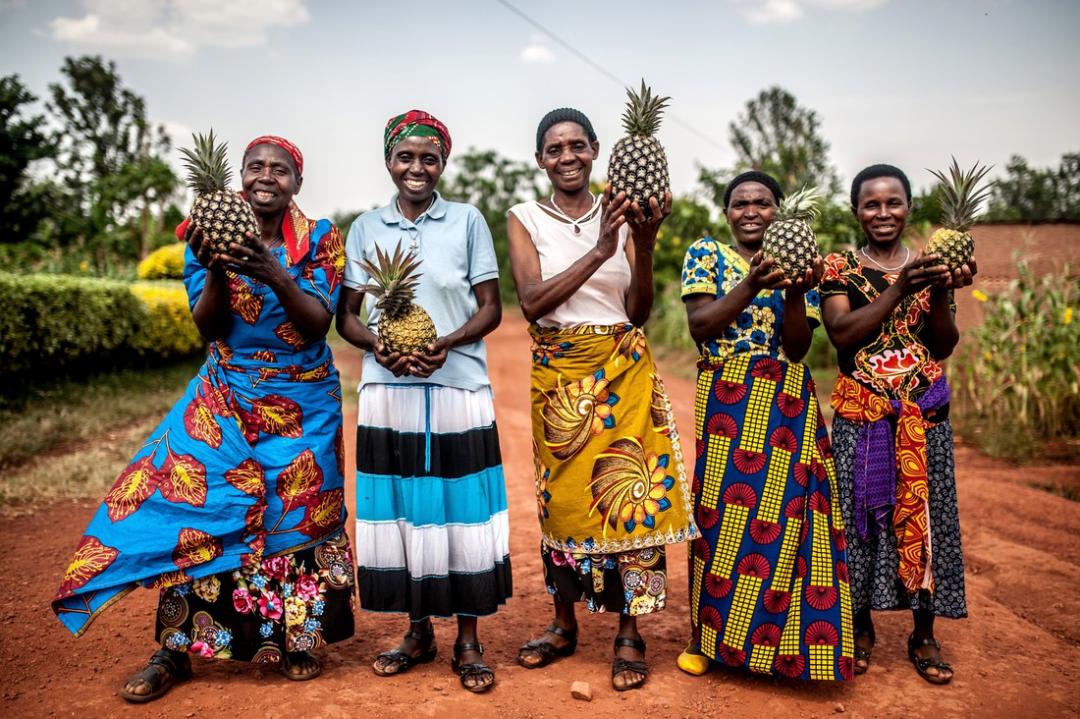Addressing injustice and economic inequality was a key driver behind the development of co-operative movements across the world. From the Rochdale Pioneers in Britain to the Mondragon movement in the Basque Country, the model has been used as a tool to empower disadvantaged communities. This has also been the case in the USA, where black communities started setting up co-ops in the 1930s to empower themselves.
In his speech in 1934, sociologist and civil rights activist William E.B. du Bois called on black communities across the US to develop an economic nation within a nation. He was a lifelong advocate of economic co-operation to enable African Americans to shape their own economic destiny.
His concept of “racial economic co-operation” is well documented in the work of Dr Jessica Gordon- Nembhard, author of Collective Courage: A History of African American Cooperative Economic Thought and Practice, which explores the tradition of black co-operative economic development in the context of the long struggle for civil rights. A political economist specialising in community economics, black political economy and popular economic literacy, Dr Gordon-Nembhard is a professor of community justice and social economic development at John Jay College, NYC.

